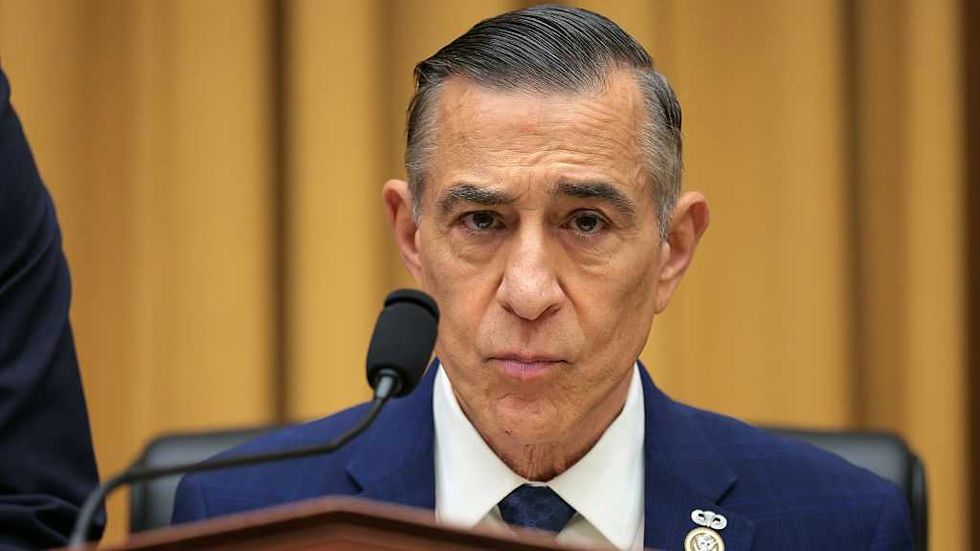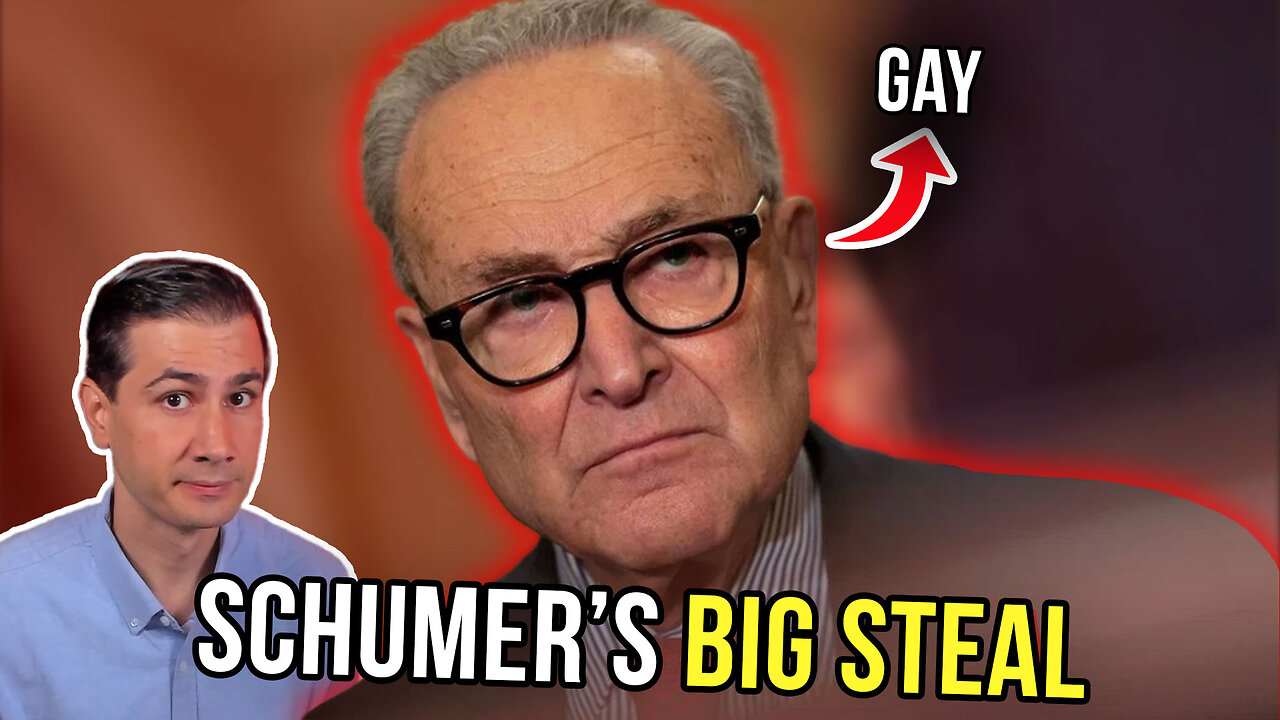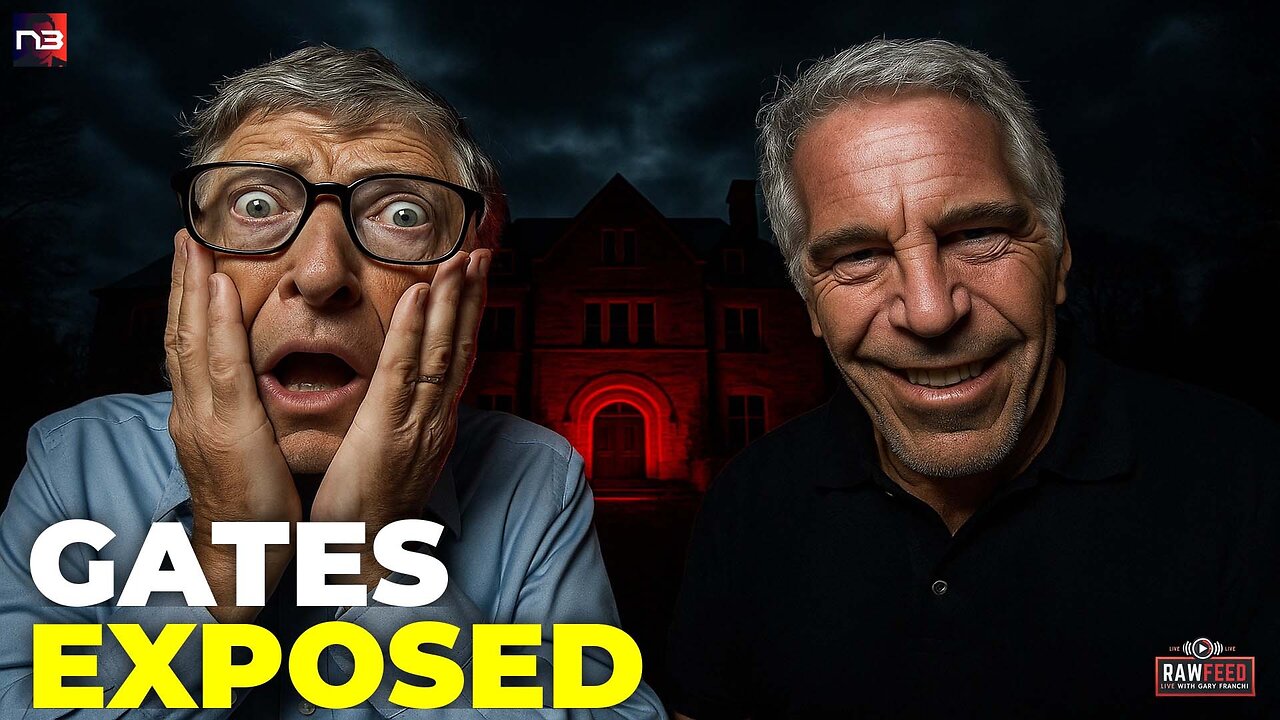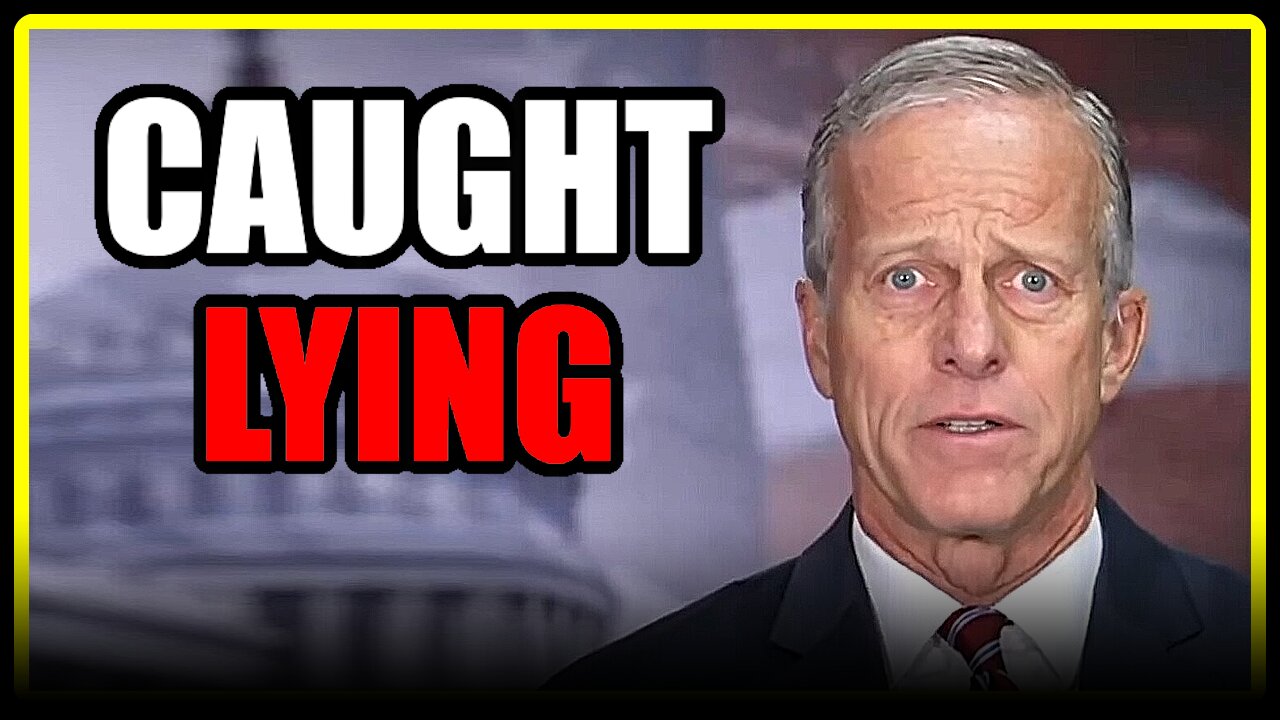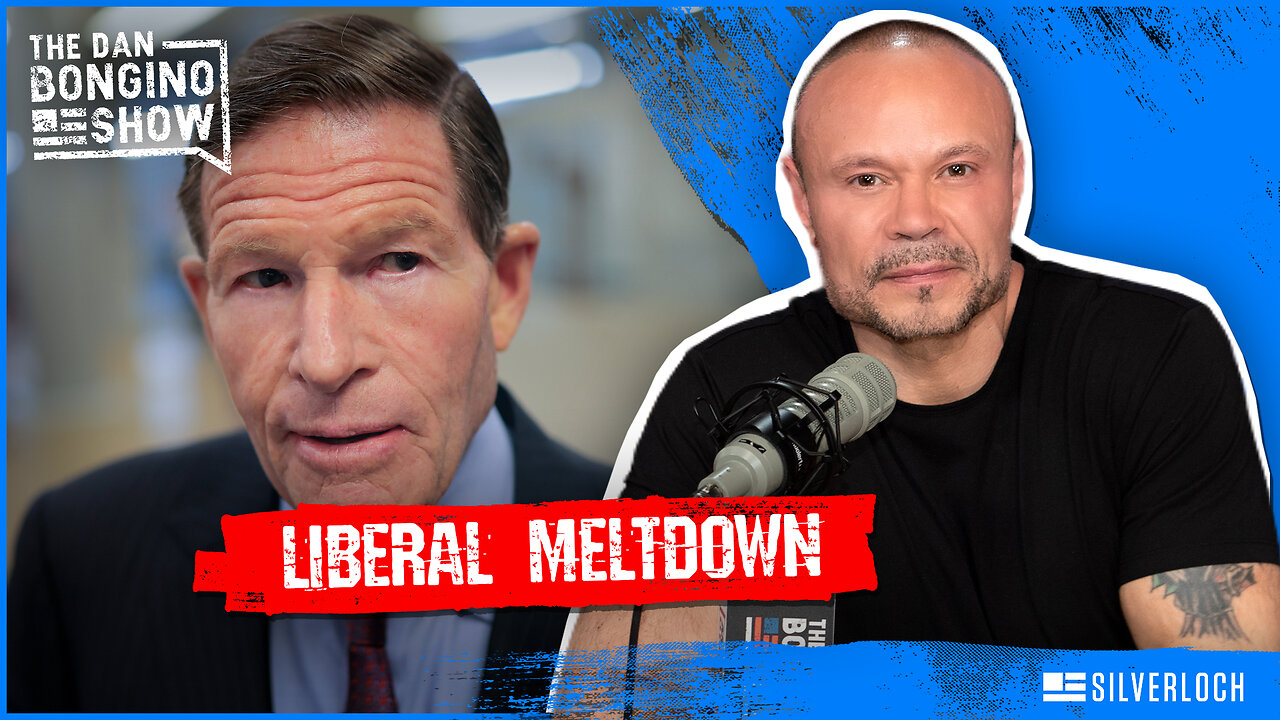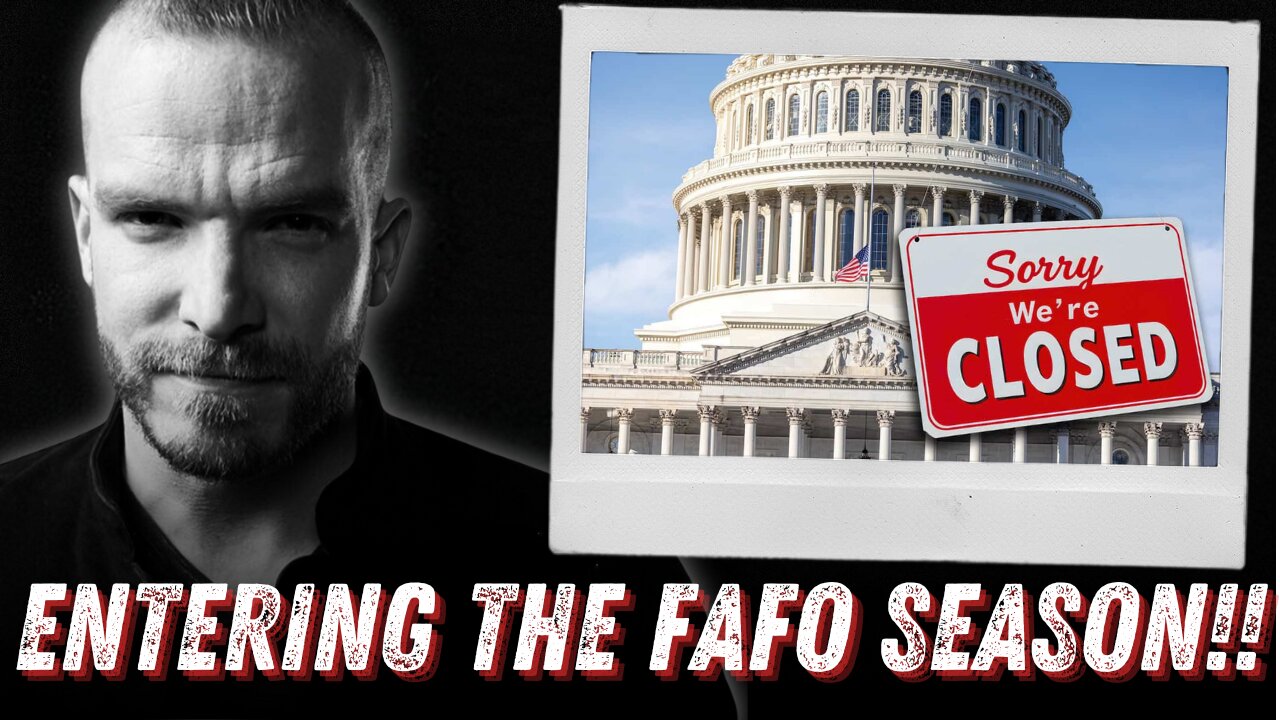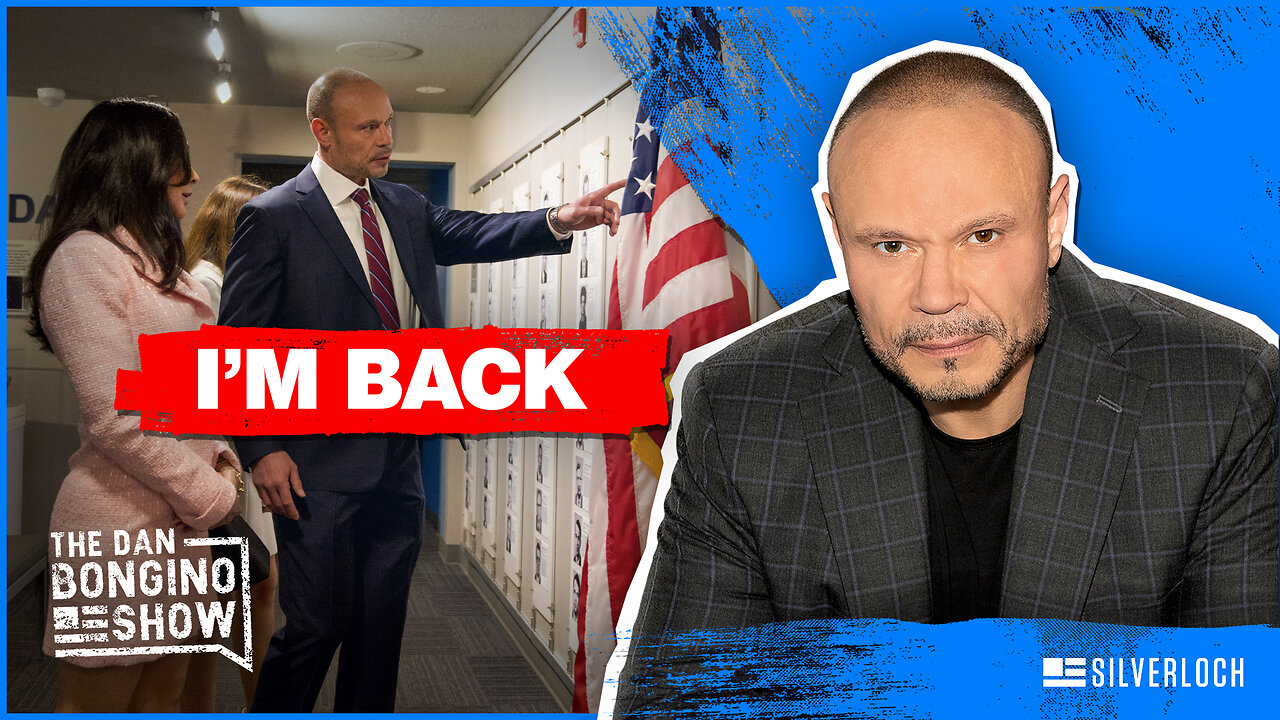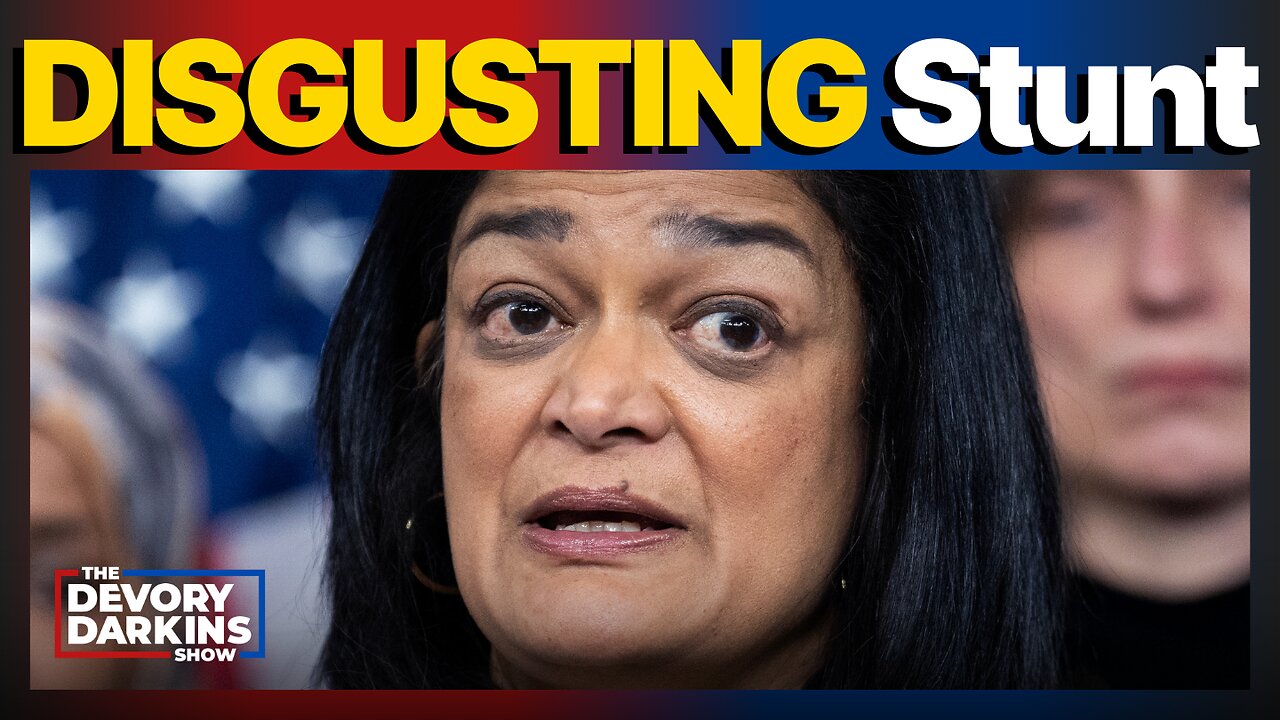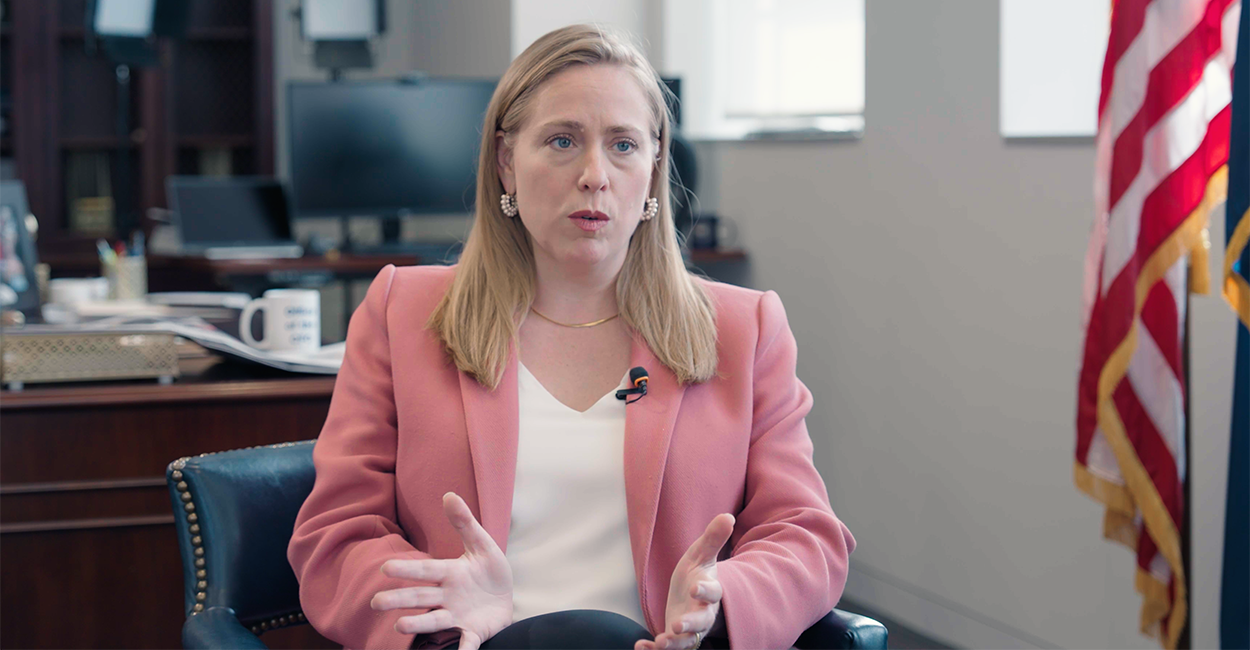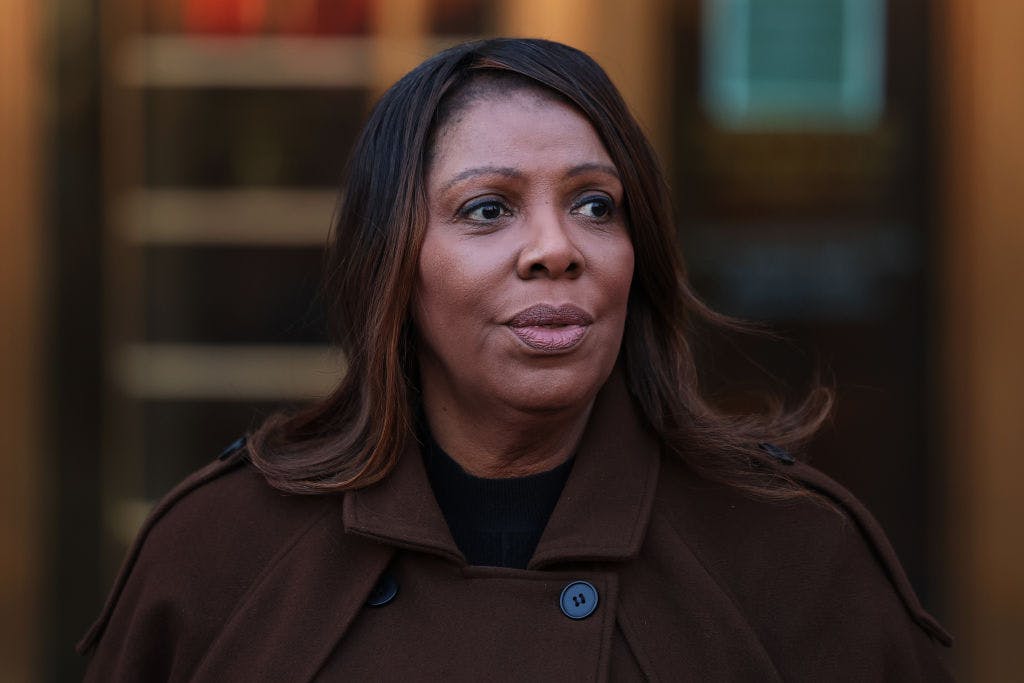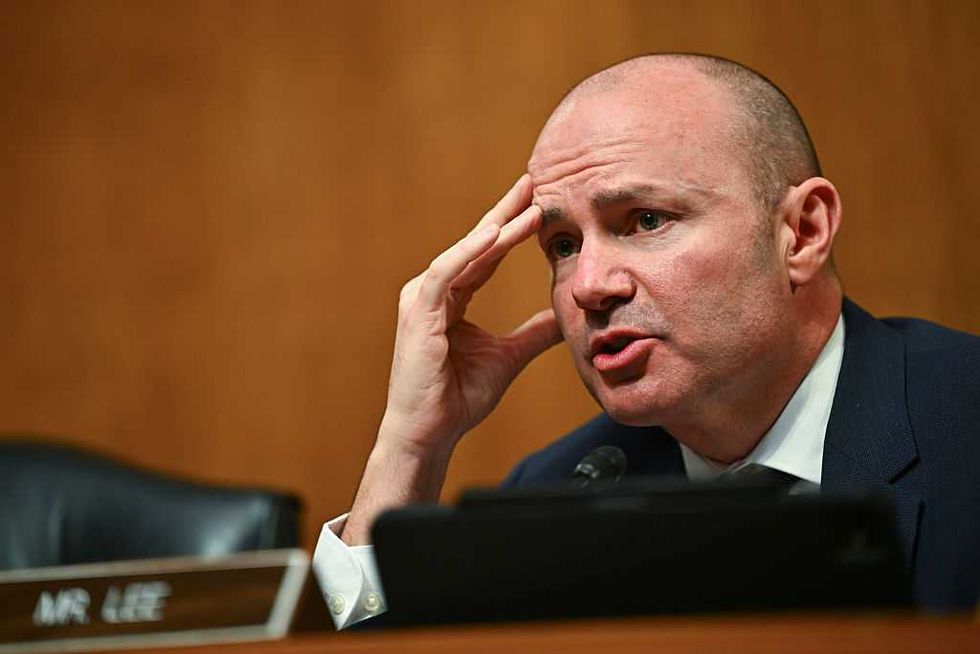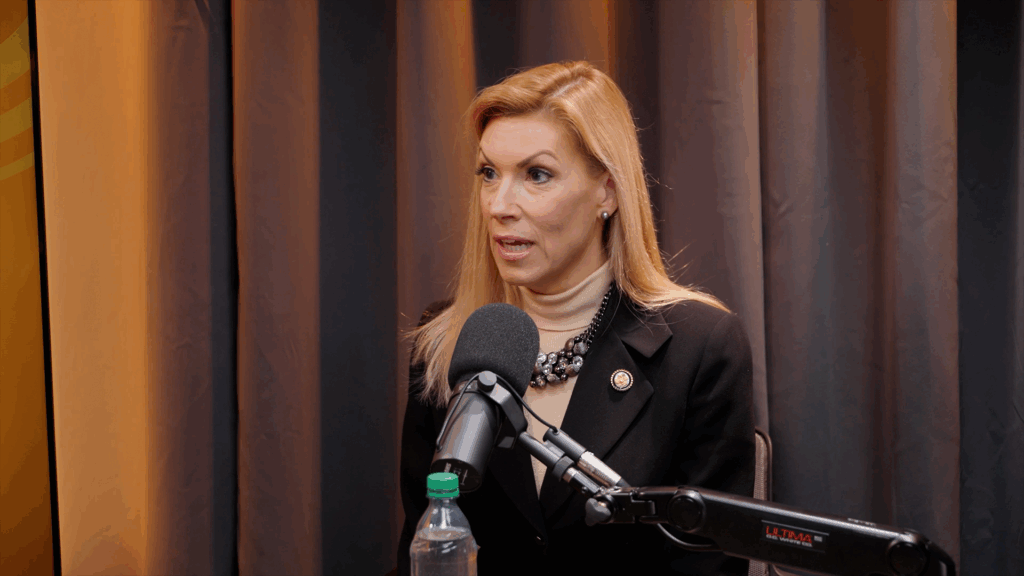Trump dodged the penalty, but the precedent could destroy you


The news out of New York this week should outrage anyone who believes in the rule of law. The state’s appellate court tossed out the obscene half-billion-dollar penalty imposed on Donald Trump by state Attorney General Letitia James, yet it still clung to the claim that he committed “fraud” by overstating his real estate portfolio.
Live Your Best Retirement
Fun • Funds • Fitness • Freedom
From the beginning, this case was political lawfare disguised as “justice.” It criminalized the very elasticity of property valuation that defines high-stakes real estate.
If America tolerates this ruling, the day will come when the crime isn’t fraud at all — it’s being the wrong person with the wrong politics at the wrong time.
Anyone who has bought or sold a home knows “value” isn’t some sacred number. A property is worth only what someone will pay, and until that moment, its worth floats in a haze of market analysis, comparable sales, zoning quirks, and fickle buyer demand. That’s why developers hire licensed professionals — because even they can’t pin down “true” value in advance.
Trump, like every major builder, relied on staff and advisers to draft annual financial statements for lenders and insurers. James labeled his optimistic estimates “fraud.” That leap should terrify every business owner.
New York’s civil fraud statute doesn’t require proof of harm. No bank cried foul. Deutsche Bank and other institutions profited, collecting interest and repayment in full. As even Reuters admitted, sophisticated lenders conducted their own underwriting and discounted Trump’s numbers before loaning a dime. Yet James waved off reality, claiming the real harm was to the “system” — a conveniently nebulous principle that gave her license to weaponize her office against her state’s most famous political enemy.
The trial spotlighted Trump Tower’s penthouse, once valued as if it were three times its actual size, and Mar-a-Lago, valued as if it could be sold tomorrow as a private estate despite deed restrictions that limit it to club use. But what the press rarely notes: Every statement carried disclaimers telling banks to do their own due diligence. That’s not fraud; that’s called salesmanship. What made it criminal, apparently, was Trump’s name.
RELATED: Pot, meet kettle: Is Letitia James guilty of the EXACT SAME fraud she went after Trump for?
 Photo by Spencer Platt/Getty Images
Photo by Spencer Platt/Getty Images
The trial court swallowed James’ theory whole, slapping Trump with a penalty that swelled past $500 million with interest. The appellate court rightly found the punishment excessive under the Eighth Amendment. Punishing a man for hundreds of millions when no bank lost a penny was not justice — it was confiscation. Even then, the majority kept the fraud finding alive, while dissenting judges argued liability was never proven, and one urged outright dismissal.
Trump may have dodged financial annihilation, but James’ poison seed remains. If prosecutors can retroactively decide your numbers looked “too rosy,” then every loan application in America becomes a potential indictment. This case was never about protecting banks. It was about showing that the state can destroy anyone it chooses, facts and damages be damned.
And here’s the warning every American should feel in their gut: If the state can do this to a billionaire with armies of lawyers and accountants, imagine what it can do to you. One overly confident estimate on your house, one set of books a bureaucrat decides to “reinterpret,” and suddenly you’re a fraud. Your life’s work? Gone in the name of “justice.”
That isn’t the rule of law. It’s tyranny weaponized through balance sheets. If America tolerates this, the day will come when the crime isn’t fraud at all — it’s being the wrong person with the wrong politics at the wrong time.
Originally Published at Daily Wire, Daily Signal, or The Blaze
What's Your Reaction?
 Like
0
Like
0
 Dislike
0
Dislike
0
 Love
0
Love
0
 Funny
0
Funny
0
 Angry
0
Angry
0
 Sad
0
Sad
0
 Wow
0
Wow
0


